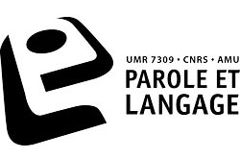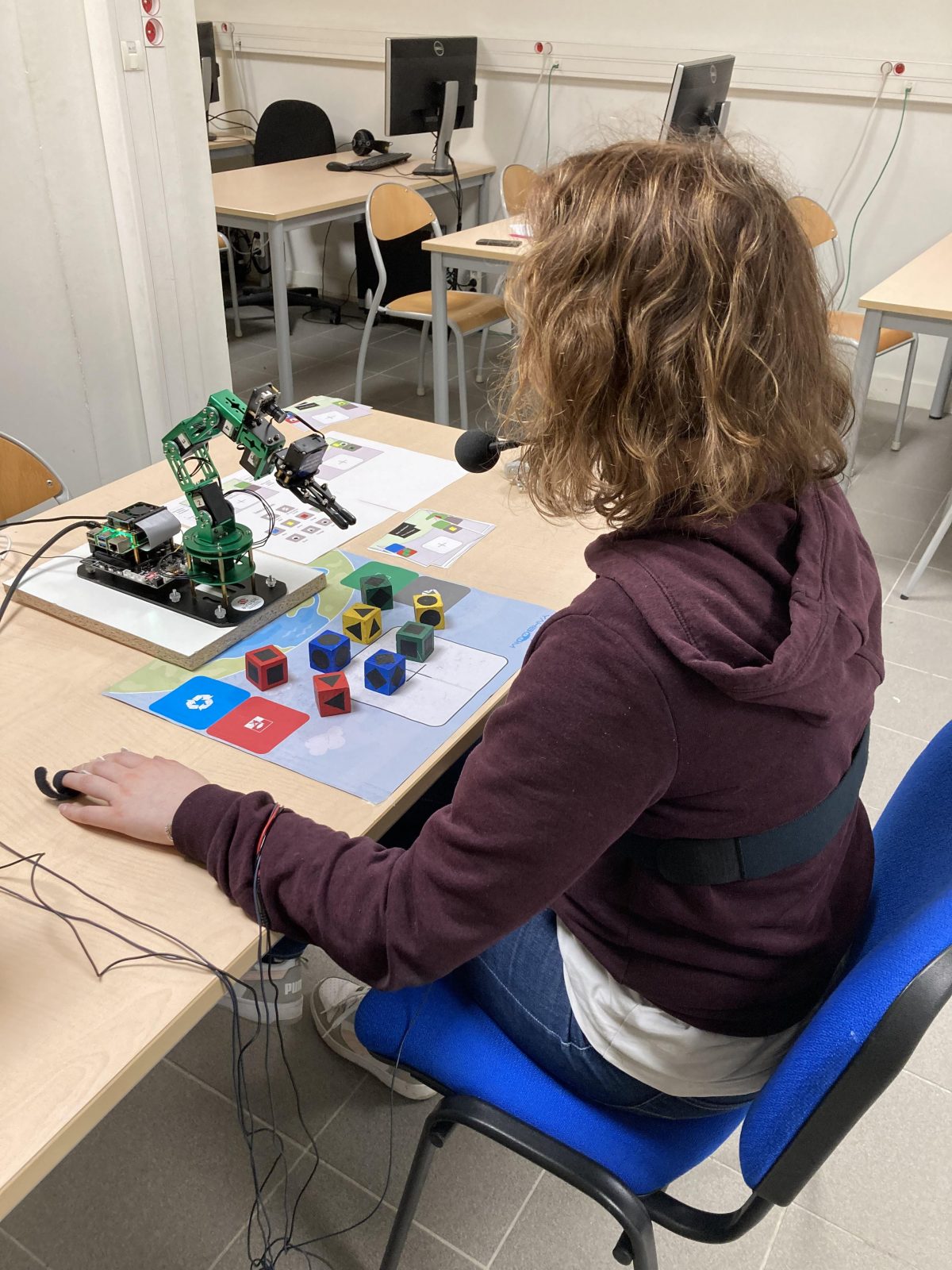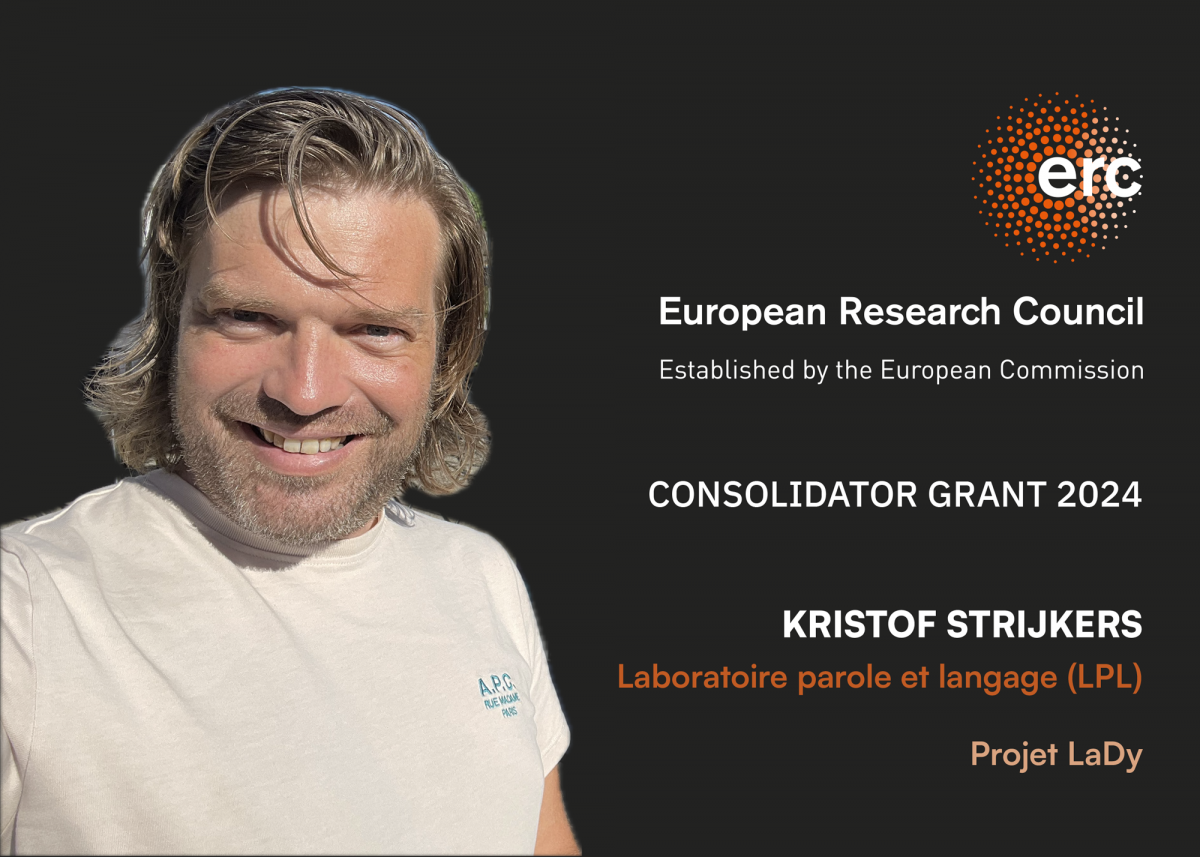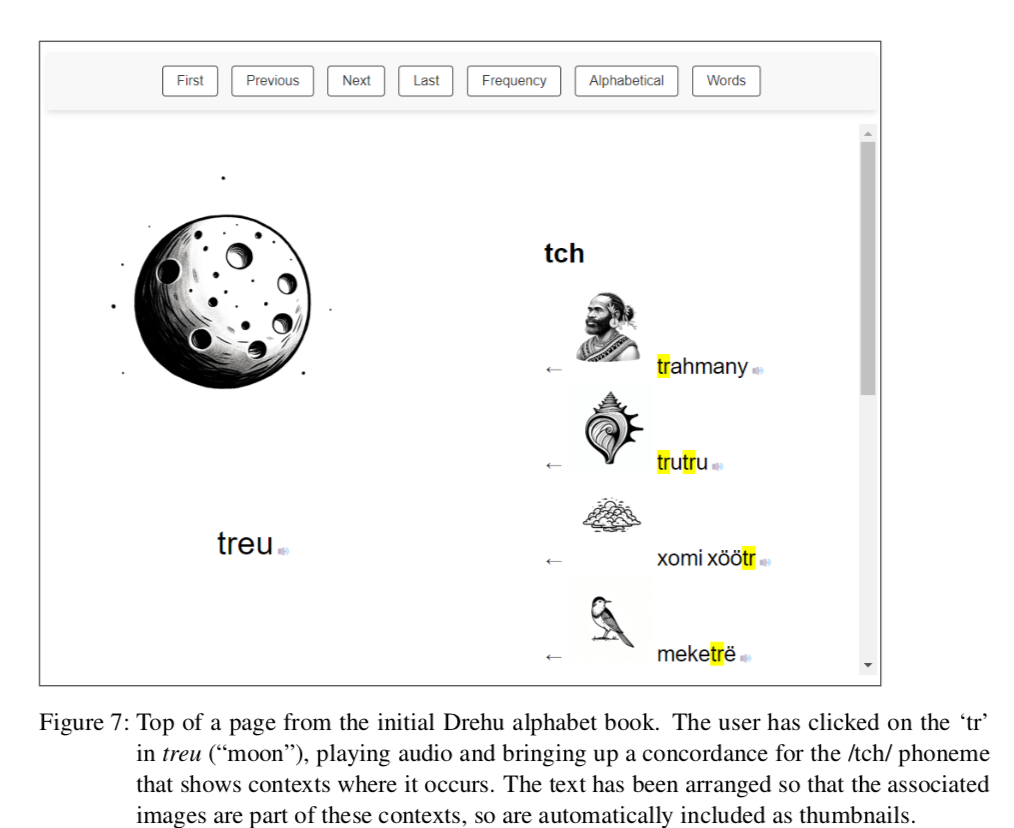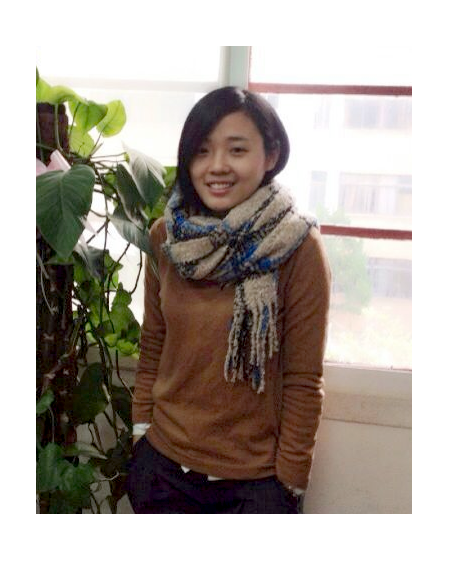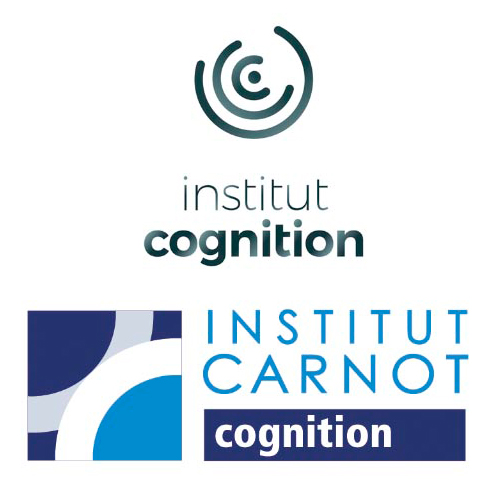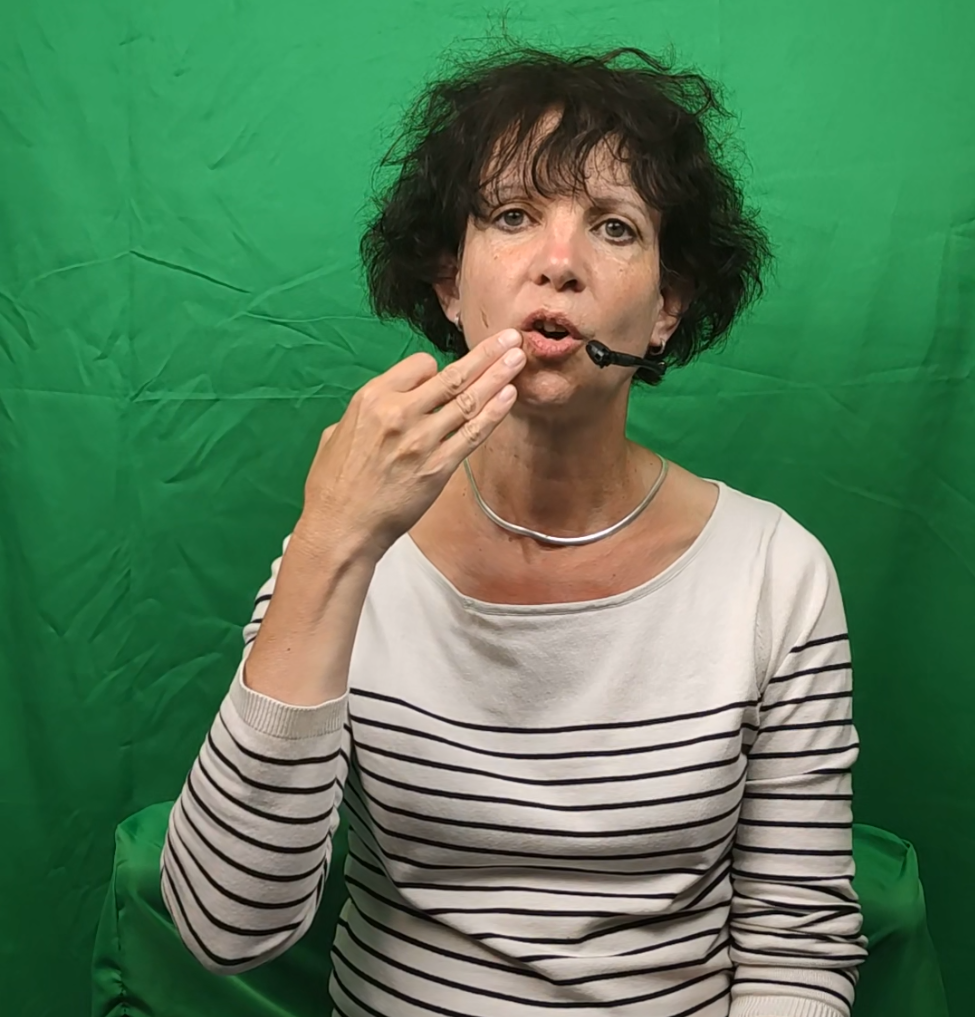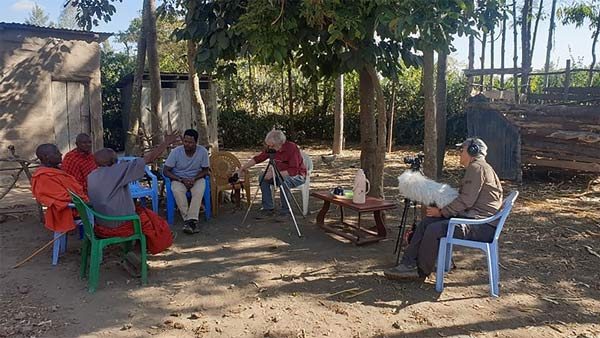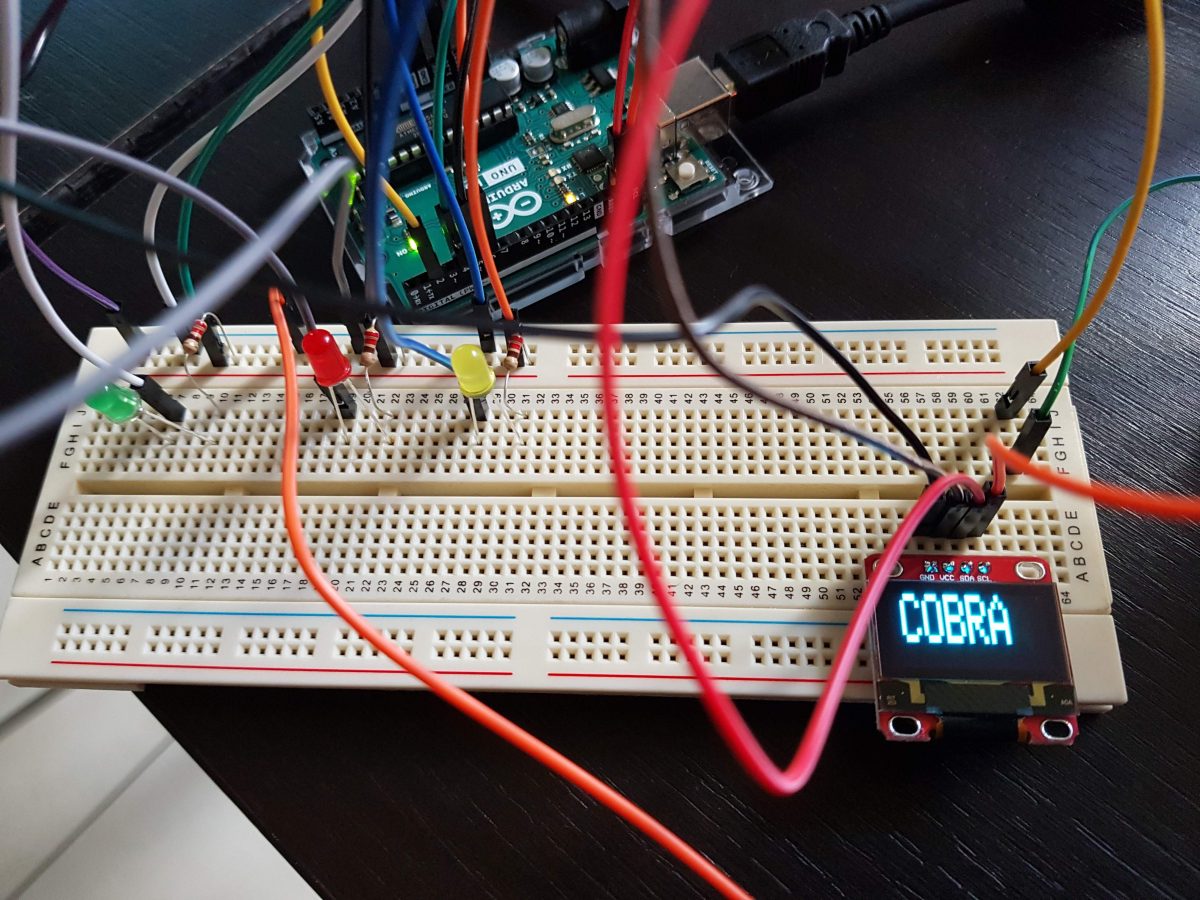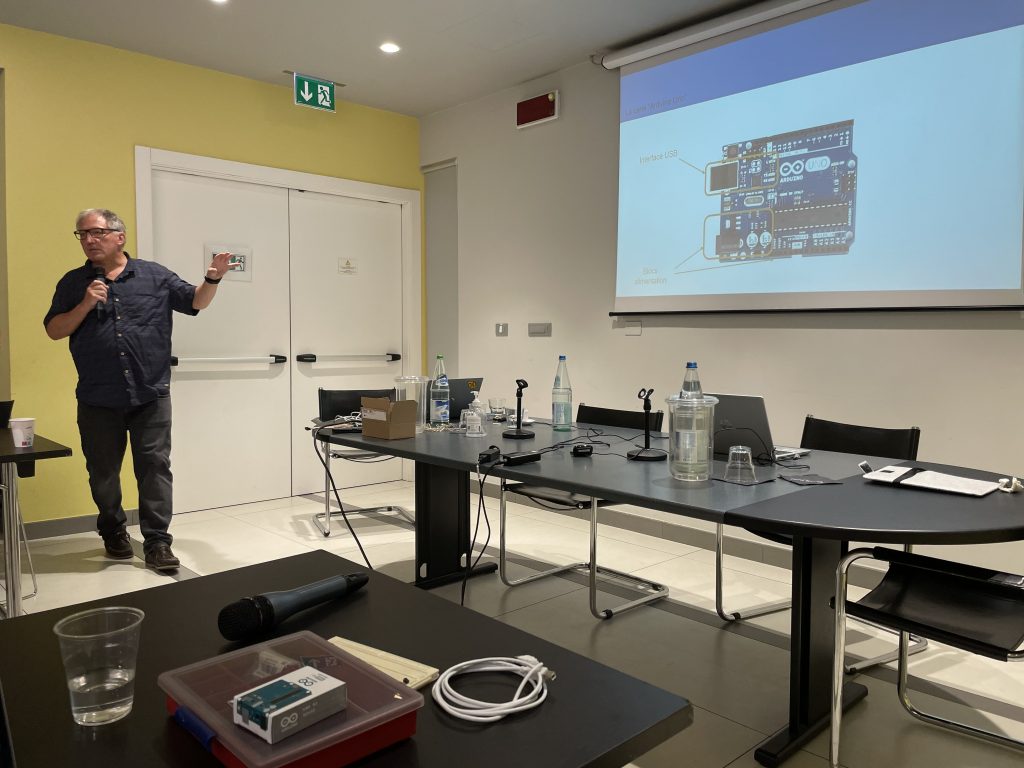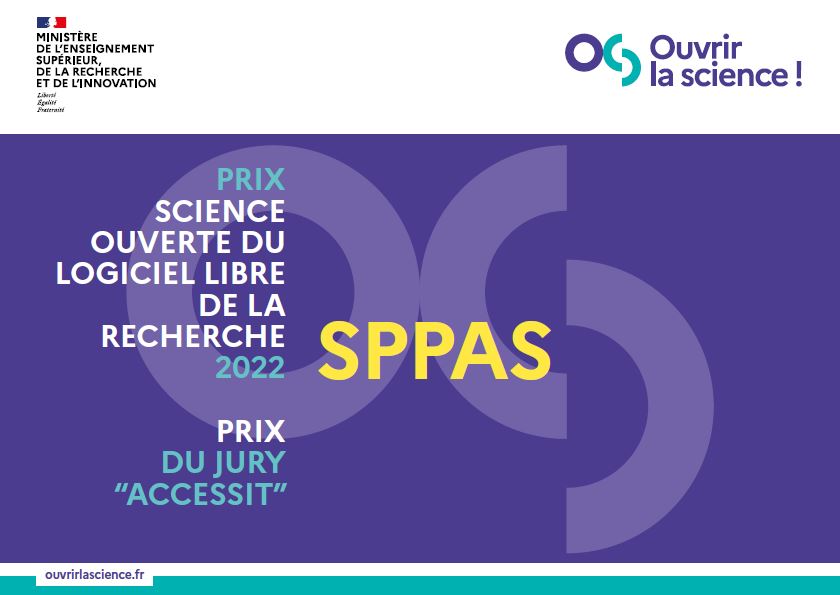We are pleased to announce that the ENGAGE project led by Océane Granier, PhD student at LPL, has been selected as part of the latest Carnot Cognition call for resources.
Summary: Our project is based on a partnership between the LPL Aix-en-Provence and the Bordeaux-based company Airudit. The two partners have set up a CIFRE thesis together in order to lay the foundations for their partnership on September 1, 2023. This project is in the field of human-agent interaction. Its aim is to propose a conversational assistant, adapted to the professional context, which will have the ability to adapt to its user's engagement.
Project title: ENGAGE - Improving the relationship with a conversational assistant in an industrial context: measuring and optimizing user engagement
Project partners:
LPL: Océane Granier, Laurent Prévot, Roxane Bertrand
Airudit: Kévin Gravouil, Philippe Lebas (CEO)
Credits: O. Granier / LPL
